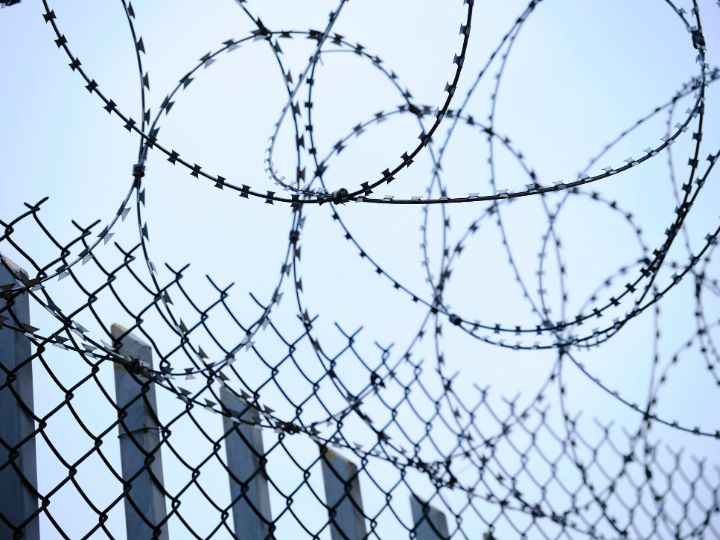by Theo Bourgery-Gonse
French lawmakers rejected the government’s immigration bill on Monday by 270 votes to 265, with the far-right, conservatives and left-wing coalition joining forces, marking the first time in 25 years that a motion to reject a bill has been passed.
The initial version of the draft bill sought to facilitate the deportation of migrants in an irregular situation “who pose a serious threat to public order” while increasing resources to combat smuggling networks, particularly in the Mediterranean.
A new provision to automatically grant one-year work visas to irregular migrants working off the books in sectors facing severe labour shortages had also faced strong backlash from conservative and far-right lawmakers, who argued that it would send a signal to migrants to “forum shop” and settle in France.
However, while it was still unclear whether the motion of rejection would pass just seconds before the vote, its adoption by just five votes has ended all future parliamentary debate and the government must now decide whether to re-draft it in the hope of finding a new consensus or drop it altogether.
In what is seen as a major blow to the government, the government’s Renaissance party and its closest allies will not have an outright majority in parliament, with the 2022 elections bringing in more far-right and far-left MPs.
“Xenophobic chit-chat”
However, opposition to the bill has long been brewing, with the government’s plans to reform immigration laws having been met with counter-proposals, particularly on the right.
For instance, leaders of the conservative Les Republicains party presented a ‘counter plan’ to the government’s immigration bill last May, calling for a referendum on illegal immigration and creating ‘the possibility of derogating from EU treaties […] when the fundamental interests of the nation are at stake’.
Going further to the right side of the political spectrum, Rassemblement National leader Marine Le Pen, whose party has been calling for a referendum on immigration for years, celebrated the government’s defeat and said she would table a new bill that would focus solely on ‘keeping irregular migrants in check’ and ‘forcing irregular migrants to leave the country’.
Left-wing colleagues, on the other hand, expressed concern about “xenophobic chatter”, as Clemence Guette, a member of the far-left La France insoumise party, wrote on X. Instead, her party called for all irregular migrants to be given an unconditional right to stay and work in France.
Contrary to the frequent claims by right-wing lawmakers and analysts that France is facing an immigration “wave”, the numbers tell a much more nuanced story.
“France has registered and taken in 38,000 immigrants [having fled Syria] in the past ten years […] Germany, on the other hand, registered 770,000 [in the same period]: that’s 25 times more than France,” immigration scholar Francois Heran wrote in an op-ed published in Le Monde.
A similar trend also applies to Afghans seeking asylum, as they accounted for only 11% of all asylum claims filed in France since the summer of 2021, compared to Germany’s 34%.
The conservative-majority Senate already voted in favour of the bill in mid-November after tightening up most of its key provisions, restricting access to work visas for long-term migrants and cutting medical assistance for irregular migrants.
There have already been calls for Interior Minister Gerald Darmanin, who is in charge of the bill, to resign – calls Darmanin said is a ‘denial of democracy’.
*first published in: Euractiv.com




 By: N. Peter Kramer
By: N. Peter Kramer

